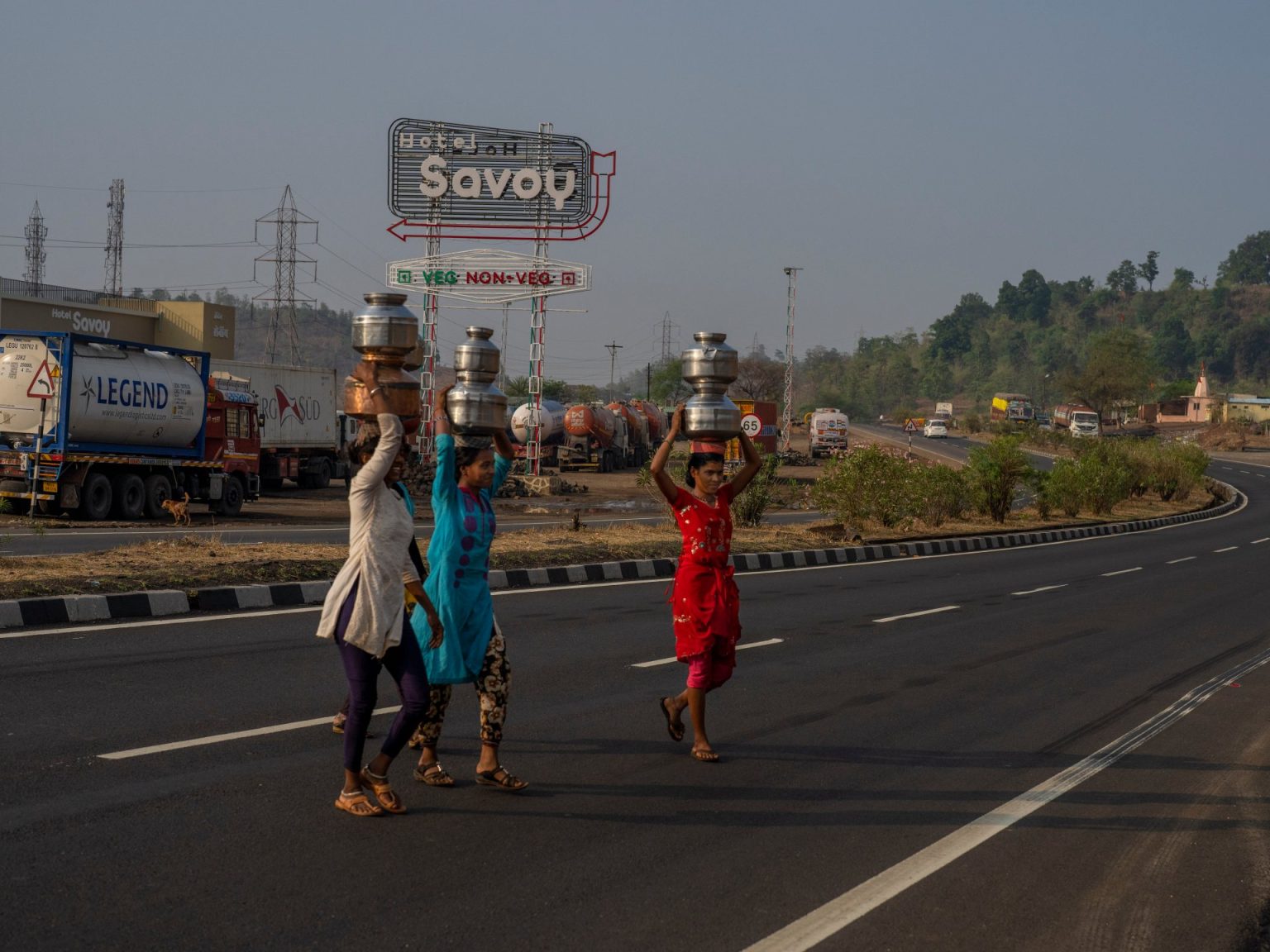The UN World Water Development Report 2024 highlights the growing issue of global water scarcity, with 2.2 billion people lacking access to clean drinking water and 3.5 billion people without safely managed sanitation. Girls and women are disproportionately affected by water shortages, particularly in rural areas where they bear the responsibility of collecting water, leading to negative impacts such as girls dropping out of school. The report emphasizes that the lack of water not only contributes to conflicts and instability but also undermines fundamental rights, especially for women and children.
The report points out that the lack of water security leads to migration, with displaced people straining resources in areas where they settle. A study in Somalia showed a 200 percent increase in gender-based violence against displaced people, highlighting the impact of water stress on vulnerable populations. Global warming is projected to exacerbate the situation, increasing the frequency and severity of droughts and floods, further affecting water availability. Poorer countries are particularly vulnerable to these changes, with an estimated annual cost of $114 billion needed to provide safe drinking water, sanitation, and hygiene in 140 low- to middle-income countries.
The consequences of water scarcity are not limited to individual countries, as many nations share water resources with their neighbors. Despite 153 countries sharing water resources, only 24 have signed cooperation agreements that cover all shared water sources. Major rivers such as the Rhine, Danube, Mekong, Nile, and Amazon are shared by multiple countries, highlighting the importance of transboundary water management. The UN Water Convention, established in 1992 in Europe and expanded globally in 2016, aims to promote responsible joint management of water resources and currently has 52 state parties primarily in Europe, Asia, and Africa.
The report also highlights the role of water scarcity in driving global migration, contributing to conflicts and instability in regions where resources are strained. As climate change worsens, the world faces more erratic weather patterns, leading to increased droughts and floods, which further impact water availability. The current situation is particularly dire for poorer countries that struggle to adapt to these changes and lack the necessary resources to mitigate the effects of water scarcity. The health, safety, and well-being of vulnerable populations, particularly women and children, are at risk due to the lack of clean water for drinking, sanitation, and hygiene.
In conclusion, the UN World Water Development Report underscores the critical importance of addressing global water scarcity to promote peace, stability, and sustainable development. By emphasizing the need for cooperation among countries to manage shared water resources responsibly, the report highlights the interconnected nature of water-related challenges and the urgent need for collective action to address these issues. Failure to do so could result in worsening conflicts, displacement of populations, and further threats to human rights, particularly for the most vulnerable groups in society. Efforts to address water scarcity must be prioritized on a global scale to ensure a sustainable and equitable future for all.


